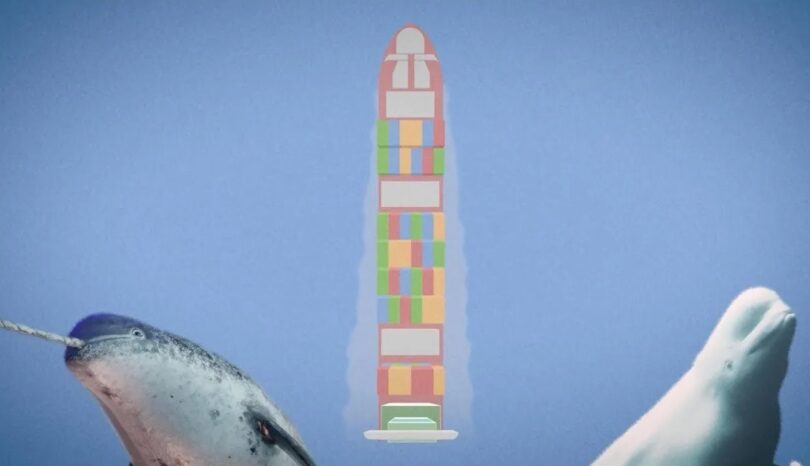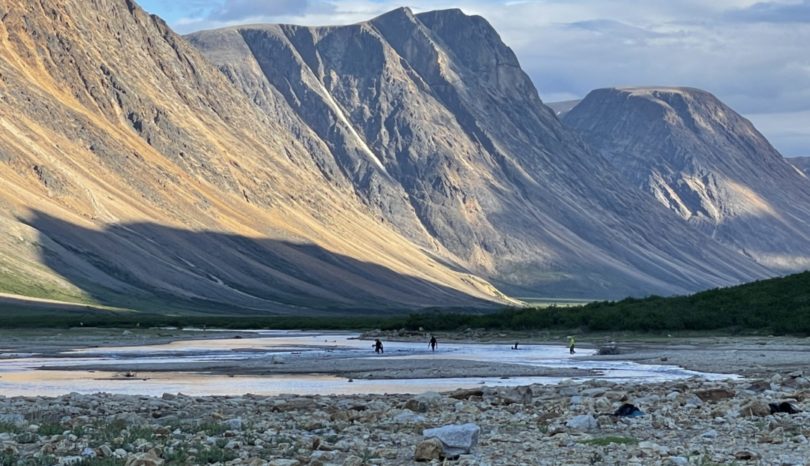
A snapshot of the polynya on May 8, 2024, per NASA Worldview.
Ilitariyauyuq: Terra/MODIS

An American lobster (Homarus americanus) on the seafloor off Southwest Nova Scotia.
Ilitariyauyuq: Nick Hawkins

The gummy squirrel (a species of sea cucumber) was one of the deep-sea creatures featured on this week's episode of Last Week Tonight with John Oliver.
Ilitariyauyuq: NOAA Office of Ocean Exploration
Where Does Canada Stand on Deep-Sea Mining?

The Central Arctic Ocean Offers a Chance to Do Things Differently
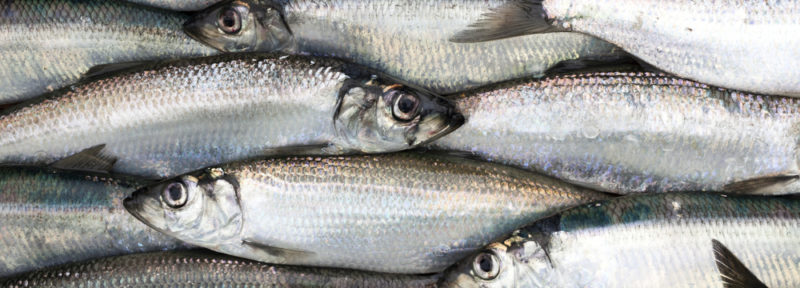
Atlantic herring.
Ilitariyauyuq: Ingrid Maasik
How to Value Forage Fish
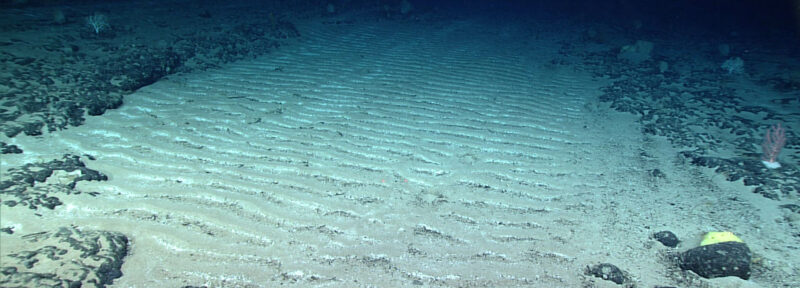
Seafloor sediments are an important but often overlooked carbon sink.
Ilitariyauyuq: NOAA
How Much Carbon is Stored in Canada’s Seabed?
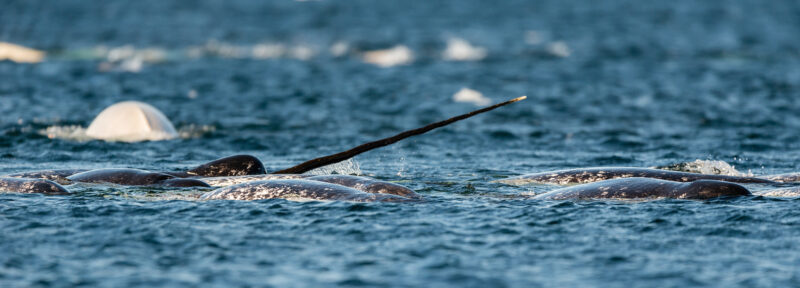
Narwhal breach the surface in the North Water. Narwhal, along with other marine mammals, use this area for calving, foraging, and migration.
Ilitariyauyuq: Adobe Stock
The Ice Bridge: A Hotspot of Marine Biodiversity in the Arctic
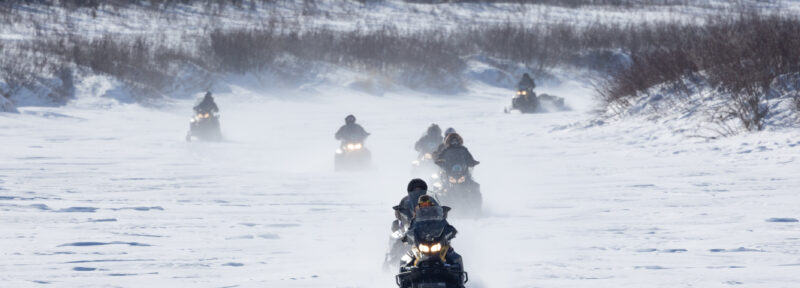
This trip followed in the footsteps of the Hudson Bay Quest Sled Dog Race, the Quest for the Bay documentary television series, and a previous snowmobile tour organized by Heartland Travel and guided by North Star Tours, who guided this iteration.
Ilitariyauyuq: Aaron Janzen

